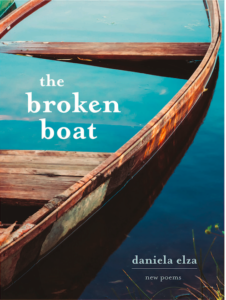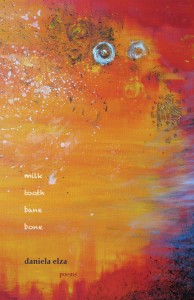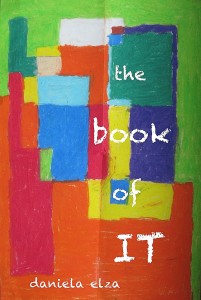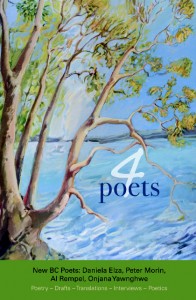a new kind of knowing
Posted by Daniela Elza on Feb 22 2010
In his article The Future of Poverty Vinay Gupta says:
“The world is too big for us to fit inside of our heads. Too much area, too much landmass, too many people, too many kinds of things, too much detail and complexity in how those things work. There is no possibility of a human overview which is correct, comprehensive, clear and actionable. We just cannot really grasp the world as it is.
To cope in the past we have applied three fundamental approaches beyond ignoring the complexity and size of the planet. The first is division of labor: we divided up reality into subjects and geographies and each tried to master a subset of the whole. A lizards-of-north-eastern-Sumatra expert and a set theorist each catalogue their corner. The second approach is the recorded word: we write down that there are small green lizards with latin scientific name, note their habits and habitats. Within our scientific and technical limitations, this is what we could do, and we did it.
The final approach is the destructive one: we counted things and called it knowledge.
What does 1.8 million species mean? If you try and name as many kinds of birds, plants and animals as you know, perhaps your list would be 200 or 300 items. If you were a specialist, perhaps a few thousands. 1.8 million species is so many it would take thousands of people just to remember all the names. A recitation of the list read aloud would take a year. Six point five billion humans. Just to read their names would take a thousand years.
But still these unimaginable numbers substitute for real knowledge.”
Read the rest of the article here about his vision of how the power of human intelligence, social media, and co-opepration, leveraged by world wide connectivity, can help with solving problems we face. This approach I also find very poetic. The glue is the specific, the detail, the vibrancy and diversity of the world and the human condition. And how that can inspire us to act.




